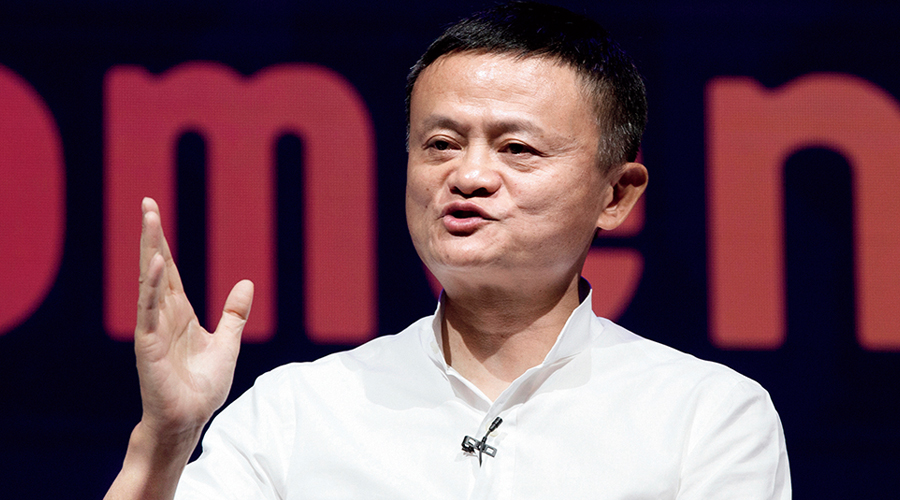By hitting the e-commerce titan Alibaba with a record $2.8 billion antitrust fine on Saturday, Chinese officials sent a message to the country’s high-flying Internet industry: We’ve got our eyes on you.
The penalty imposed on Alibaba, one of China’s most valuable private companies and the bedrock of the business empire of Jack Ma, its most famous tycoon, was the biggest move yet in the government’s campaign to tighten its supervision of Big Tech.
China’s market watchdog in December began investigating whether Alibaba had broken the country’s anti-monopoly law by preventing merchants from selling their goods on other shopping platforms.
On Saturday, the regulator said it had concluded that Alibaba’s exclusionary practices had hindered competition in online retail, affected innovation in the internet economy and harmed consumers’ interests.
The resulting fine far exceeds the $975 million antitrust penalty that China imposed on Qualcomm, the American chip giant, in 2015.
The authorities left little doubt on Saturday about their intention to keep reining in China’s Internet behemoths. In a commentary that was published online a minute after the fine was announced, People’s Daily, the official Communist Party newspaper, called regulation “a kind of love and care”.
“Monopoly is the great enemy of the market economy,” the commentary read. “There is no contradiction between regulating under the law and supporting development. Rather, they complement each other and are mutually reinforcing.”
The fine is unlikely to make a substantial dent in Alibaba’s fortunes. The State Administration for Market Regulation, the agency that imposed the penalty, said the amount represented 4 per cent of Alibaba’s domestic sales in 2019. The company reported profits of more than $12 billion in the last 3 months of 2020.
Still, the run-in with regulators could have longer-lasting effects on Alibaba’s business, which has sprawled beyond shopping into logistics, grocery, entertainment, social media, travel booking and much else.
Like Facebook, Google and other internet giants, Alibaba has argued that the breadth of its business helps make each of its services more useful. But critics say the company’s size slants the playing field for competitors and restricts consumers’ choices.
Alibaba is now likely to be much more cautious about doing anything that resembles strong-arming users or rivals, said Angela Zhang, an associate professor and director of the Center for Chinese Law at the University of Hong Kong. “Their competitors will be first to run to the regulator to complain if there are problems,” she said.
Even so, Prof. Zhang said, the fact that Beijing did not demand major additional concessions from Alibaba makes the antitrust authority’s decision “good news for the firm” over all.
Six years ago, when Qualcomm was fined, it also agreed to offer Chinese customers hefty discounts on patent royalties. On Saturday, the market regulator said only that Alibaba would have to curb its anti-competitive behaviour and submit reports on its compliance for three years.
“I would think the market should react positively,” Professor Zhang said, though she cautioned that the government could always pursue investigations into other aspects of Alibaba’s business.
Alibaba said it would accept the fine “with sincerity” and would strengthen internal systems “to better serve our responsibility to society”. “The penalty issued today served to alert and catalyse companies like ours,” Alibaba said. “It reflects the regulators’ thoughtful and normative expectations toward our industry’s development.”
China started ramping up scrutiny of its tech giants last year. The market regulator proposed updating the antimonopoly law with new provisions for large internet platforms like Alibaba’s.
New York Times News Service










